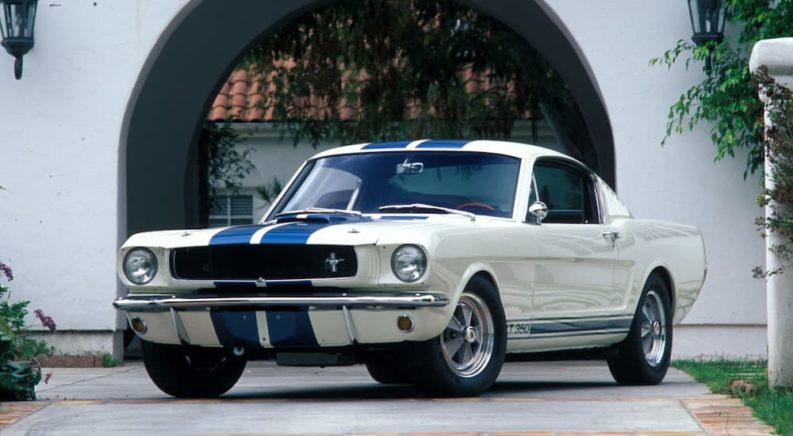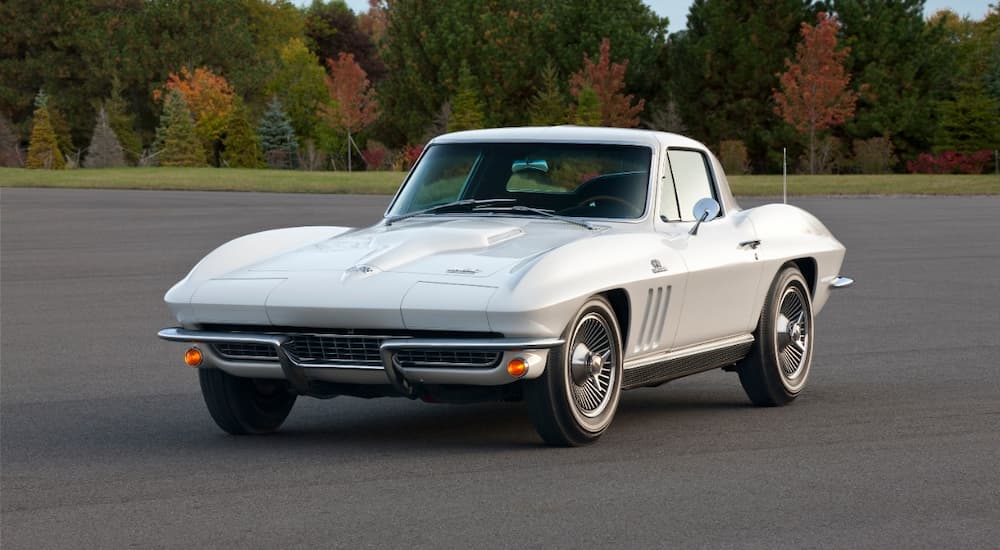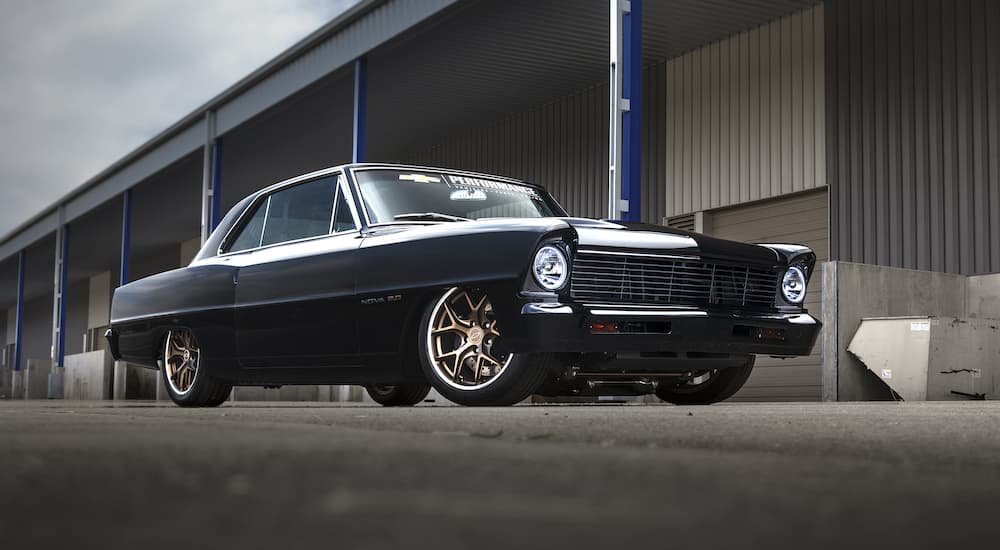Here’s the situation, you’ve got that blue 1963 Nova SS convertible in your garage. As much as you enjoy showing it off to people who pay you a visit, it’s just not practical to own anymore. Sure, it looks great, but it’s more akin to an albatross around your neck than an actual extension of your personality. You know that the possibility of selling it can bring you a substantial profit, especially for someone who has a keen interest in collecting vehicles. Selling an item such as this requires some knowledge. While there are plenty of people who are more than willing to pay top dollar for that car under the tarp in your garage, knowing how to go about the process is itself a skill set to learn and master. If you find yourself in this predicament and are wondering, “How can I sell my car?” we’re here to offer you some helpful advice. Consider this “Selling a collector car 101.” Get out your notebooks because school is in session.
Get It Properly Inspected
Before you even think about selling, pricing, or what airline you’re going to take to Aruba after the fact, the most important thing you need to do is have your collector car properly inspected by a mechanic. Unless, of course, you’re selling it for parts, in which case it probably won’t yield as much of a profit. Think about those Certified Pre-Owned vehicles that you occasionally see at the dealership. They’ve all gone through a rigorous inspection from a certified technician and had any repairs taken care of before going on the market. It’s your responsibility to do the same. A collector car in complete working order will sell for a higher price.
Put in the Time and Research
Once you know that your vehicle is in working order and can be driven off by a potential buyer once it’s purchased, take the time to do plenty of research and find out what the approximate cost of your vehicle might be. Consulting specialist organizations such as American Collectors Insurance or Collector Car Market Review can give you a general idea of what the prevailing market value is for your classic car.
It’s also important to know how much of the original car is intact. Collectors are more willing to pay for vehicles that are completely original. If you aren’t sure about the history of your classic car, take some time to go over it with a fine-tooth comb and discover as much as you can so you know how to price it.
Advertise Appropriately
You can’t sell anything if you don’t advertise it properly. When it comes to advertising your collector car, simply putting up a giant “For Sale” sign will barely scratch the surface of potential buyers. There are quite a few avenues you can take when it comes to marketing your collector car.
- Internet Ads – Selling a collector car in the modern era is much easier than you might think. There are plenty of websites that allow people to sell their vehicles and have thousands of visitors daily who are looking for the ideal collector car to purchase. Be sure to take plenty of photographs of the exterior and interior, as well as underneath the hood. An engine that’s been polished and prepped to look pristine will attract buyers just as much as a nice paint job and near-mint upholstery.
- Flyers and Publications – While many people get their news from various online sources, many still check the classified ads and various car publications. These have a built-in audience who browse through on a weekly basis.
- Word of Mouth – It’s been remarked that good news travels fast. Be sure to tell your friends that you’re selling your vehicle. There’s a chance they might know someone who’s looking, or perhaps they are looking themselves.
- Dealerships – There are dealerships that specialize in selling collector cars. More than that, they might be willing to purchase your vehicle, and some might even offer to sell it for you via consignment. While you might not make as much as you would from a private seller, this route will ease the stress of selling a vehicle.
Quick Response
If you get an inquiry from someone who might be interested in purchasing your vehicle, the best course of action is to respond as quickly as possible. If someone is looking for a collector car, there’s a fair chance that they’re weighing several options and examining many in their local area. A quick response will increase the likelihood of a sale.
Pricing Wars and How to Avoid Them
Common mistakes that some classic car owners make are marking up their vehicles too high, thinking they can get much more than their cars are worth, or selling for too little in hopes of getting rid of them quickly. It’s always good to start your offer at a price that’s slightly higher than your car is worth and negotiate if necessary. You might have a few people who try to low-ball and undercut your asking price by a drastic amount, and it’s important to not fall into this trap. Always be sure to sell your vehicle for a price that’s fair to both parties involved.
Other Mistakes That Sellers Make
There are other mistakes that first-time sellers sometimes make and traps that they can fall into. Most of the time, it isn’t their fault. They either get in over their head or simply don’t have the knowledge to avoid them. We’ve gathered some helpful advice to ensure that you don’t end up making them.
- Older Information Isn’t Always Useful – Just like the price of a gallon of gas, the values of certain cars can change at the drop of a hat. Classic cars are known to have fluctuating values that are rarely consistent—so staying ahead of the game can be beneficial for you. Make sure your information is up to date before you list your car for sale.
- Pay Attention to the Market & Economy – While this might seem more appropriate for houses, it applies to selling collector cars as well. We’re not saying you have to be an expert in the field of economics, but simply keeping an eye and ear on the news can help you decide when it’s best to sell. This is information that’s relatively easy to come by and can be one of the most helpful tools in selling.
- Lazy and Rushed Advertising – Whether you’re selling swampland in Florida or a Ford Edsel, effective advertising is the key factor. Simply placing a “For Sale” sign on your front lawn isn’t going to sell your house, and the same goes for a car. Be sure your advertisements are informative, legible, and have enough description and presentation to attract the right buyers. It’s not a race; take your time and make sure everything looks exquisite.
Be Patient and Persistent
As we close our masterclass on car selling, we offer you one final lesson, and it’s one of the most important—be patient! It might take weeks and months to sell your vehicle, so be patient and persistent with the inquiries you receive. Your car will sell, but it’s not going to happen overnight. Following the steps we’ve listed here will help it sell, and you’ll be glad when it does.






